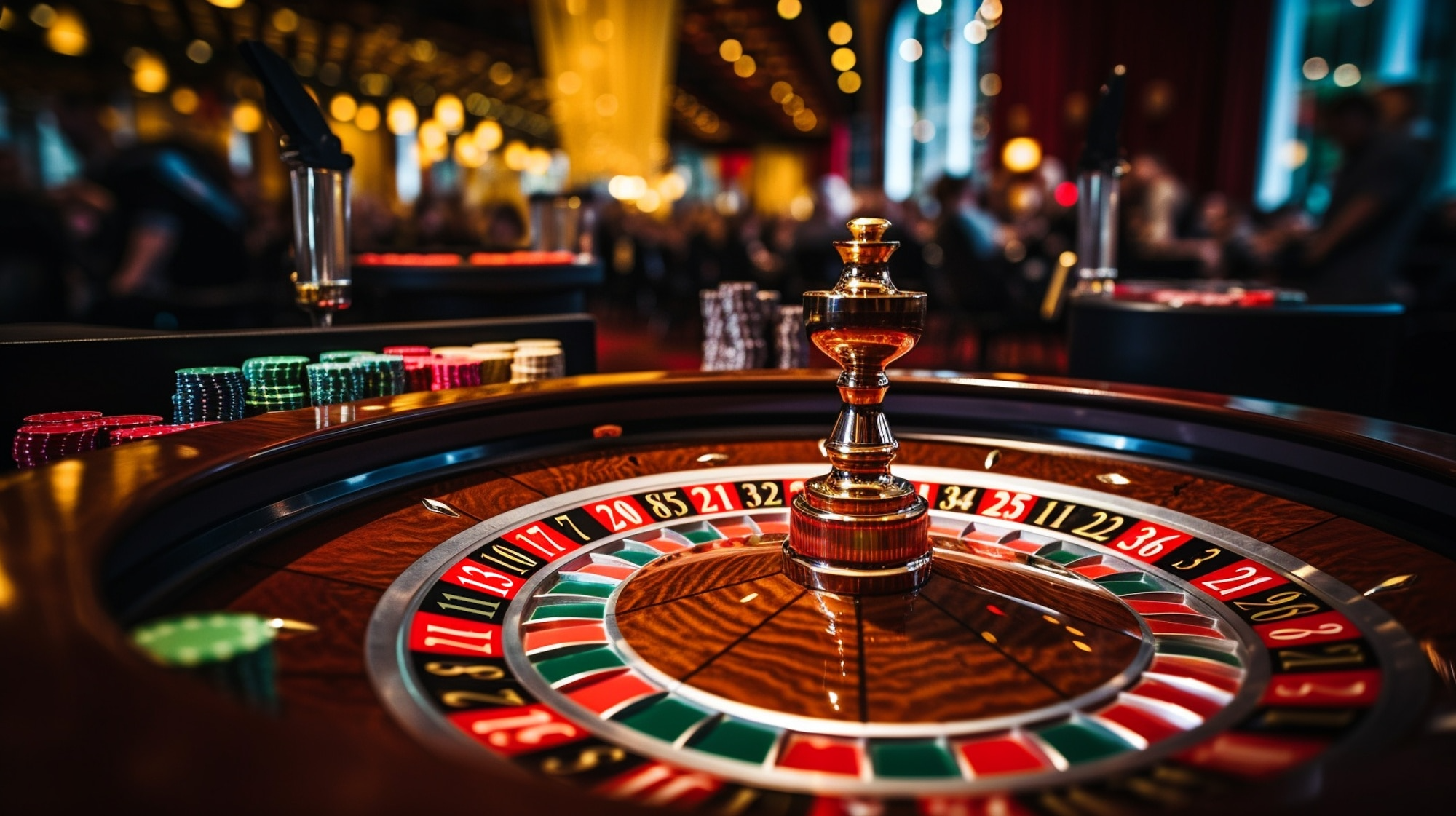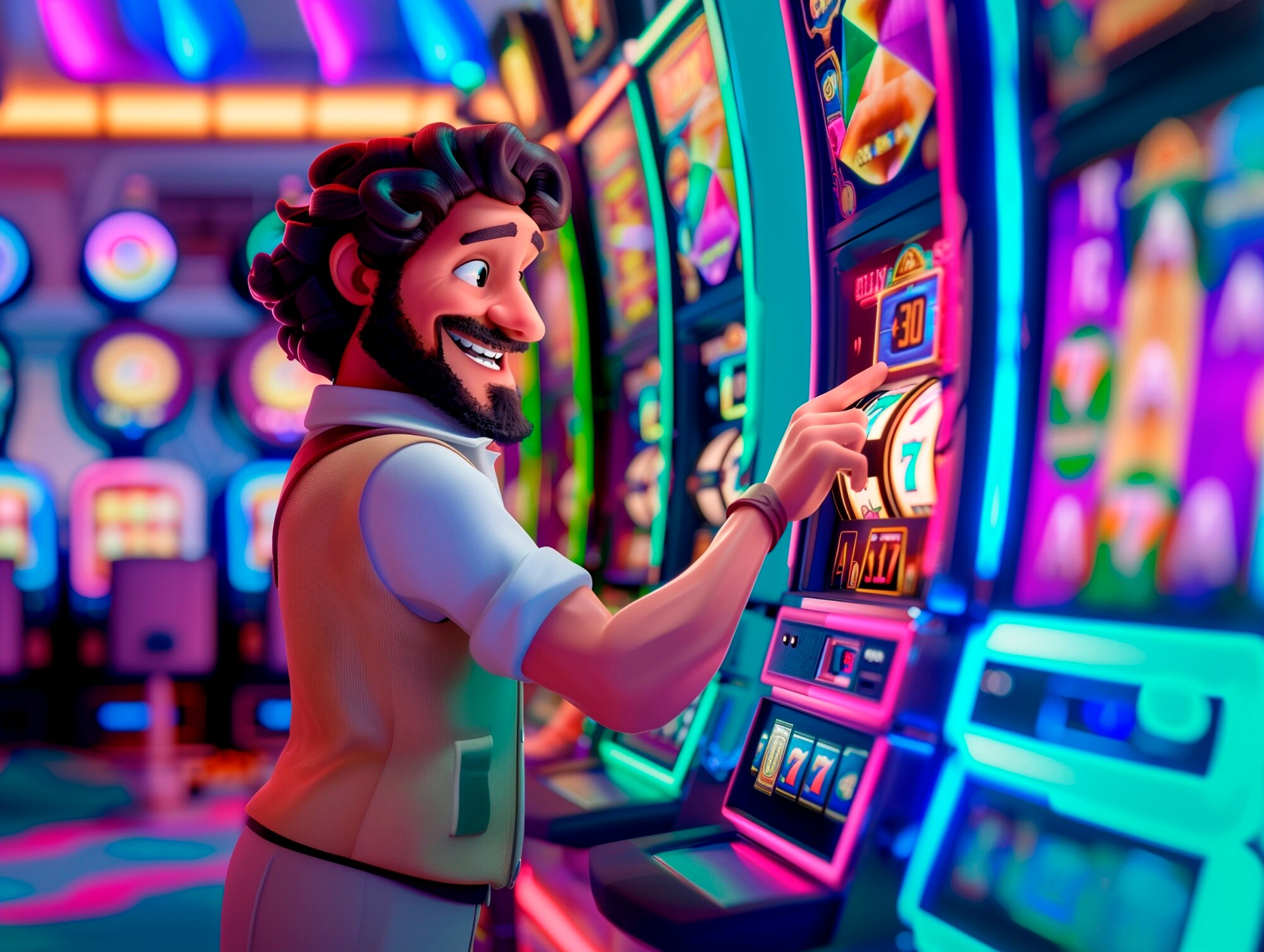Casino dealers are the skilled professionals who run table games, ensuring fair play and creating an engaging atmosphere for players. They’re not just card handlers but game managers, customer service experts, and quick-thinking mathematicians.
As the main point of contact between players and the casino, dealers play a key role in shaping the gaming experience. This guide will explore their responsibilities, required skills, career opportunities, and how the role extends beyond the casino floor. Understanding this profession offers valuable insight into casino gaming, whether you’re a curious visitor or a potential future dealer.
What is a Dealer?
A dealer is a trained professional responsible for operating games of chance, distributing cards to players, managing bets, and ensuring that all gaming procedures adhere to strict regulatory standards. Unlike casual card game handlers at home gatherings, casino dealers undergo rigorous training and certification to master their craft.
The term “dealer” stems from dealing or distributing cards—a fundamental responsibility in card-based casino games like Blackjack, Poker, and Baccarat. However, the modern casino dealer’s role extends beyond mere card distribution. Today’s dealers oversee complex game mechanics, calculate odds and payouts on the fly, and serve as ambassadors for the casino.
Casino dealers typically specialize in specific games, becoming experts in the nuances and strategies unique to each. For instance:
- Table Game Dealers focus on card games like Blackjack, Poker, and Baccarat
- Wheel Game Dealers specialize in Roulette
- Dice Game Dealers master the intricacies of Craps
- Electronic Game Dealers oversee newer digital table games that blend traditional elements with technology
While most commonly associated with brick-and-mortar casinos, the definition of a dealer has expanded in recent years to include online live dealers who manage games via streaming technology. These virtual dealers perform many of the same functions as their traditional counterparts but do so in front of cameras that broadcast their actions to players participating remotely.
At its core, the dealer serves as the official representative of the house during gameplay, maintaining the integrity of the game while creating an engaging atmosphere for players. This combination of technical skill and interpersonal finesse makes the dealer position unique among casino professions.
As you can see, the dealer of the 789club bookmakers is in the picture.
Responsibilities and Duties of a Casino Dealer
Casino dealers shoulder diverse responsibilities that require precision, attention to detail, and excellent interpersonal skills. Their duties extend beyond simply distributing cards or spinning wheels, encompassing several critical functions ensuring smooth game operation and customer satisfaction.
Game Operation and Management Dealers must masterfully execute the specific procedures for each game they operate. This includes:
- Properly setting up the table before players arrive
- Announcing betting periods and closures
- Conducting the game according to precise house rules
- Managing multiple game rounds efficiently to maintain pace
- Tracking complex betting patterns across multiple players
Card and Equipment Handling Professional dealers develop remarkable dexterity and precision when handling gaming materials:
- Performing various shuffling techniques to ensure randomness
- Dealing cards with accuracy and appropriate speed
- Handling chips and currency with careful attention
- Maintaining casino equipment in proper working condition
- Demonstrating impeccable technique to prevent manipulation
Financial Responsibilities Dealers function as front-line financial agents for the casino:
- Accurately calculating complex payouts, often under time pressure
- Converting cash to chips and managing player buy-ins
- Tracking table inventories and reporting discrepancies
- Recognizing counterfeit currency or fraudulent chips
- Processing transactions efficiently while maintaining game flow
Customer Interaction The social aspect of dealing is equally important as the technical side:
- Greeting players and explaining game rules when necessary
- Creating a welcoming, professional atmosphere at the table
- Defusing tense situations with difficult or intoxicated players
- Providing exceptional service regardless of whether players are winning or losing
- Representing the casino’s brand through personal conduct and appearance
Security and Compliance Dealers serve as the first line of defense in maintaining game integrity:
- Vigilantly watching for cheating attempts or collusion between players
- Enforcing gaming regulations and house rules consistently
- Alerting supervisors to suspicious behavior or activities
- Ensuring minors do not participate in gambling activities
- Following strict protocols for handling disputes or irregularities
These multifaceted responsibilities make the dealer position both challenging and rewarding. A successful dealer must seamlessly blend technical game knowledge with customer service excellence while maintaining constant awareness of security concerns and operational procedures.
To chat and meet dealers at online casinos, you can play at reputable bookmakers such as 789 club, Go88, Sunwin, etc..
Skills and Qualifications
Becoming a successful casino dealer requires a unique blend of technical abilities, interpersonal talents, and personal attributes. These skills combine to create professionals who can manage complex game scenarios while delivering exceptional customer experiences in a high-pressure environment.
| Skill Area | Key Competencies |
| Game Knowledge & Technical Skills | – Mastery of rules, procedures, and game variations – Understanding house policies and gaming regulations – Spotting improper bets or violations – Knowledge of odds and probabilities – Proficiency in chip handling, card shuffling, and using equipment |
| Mathematical Proficiency | – Quick and accurate mental math – Tracking multiple bets simultaneously – Understanding payoff ratios – Converting denominations with ease – Maintaining accurate chip counts and balances |
| Communication Excellence | – Clear rule explanation and announcements – Guiding novice players through gameplay – Efficient staff communication – Multilingual communication (especially in tourist areas) – Effective non-verbal cues and gestures |
| Customer Service Orientation | – Friendly and professional under pressure – Patience with inexperienced players – Conflict resolution and diplomacy – Creating an enjoyable table atmosphere – Balancing efficiency with engagement |
| Physical Stamina & Dexterity | – Standing for long shifts (8+ hours) – Manual dexterity with cards and chips – Good eyesight for monitoring action – Proper posture and body mechanics – Energy management for consistent performance |
| Emotional Intelligence | – Staying composed under stress or conflict – Reading and adapting to player emotions – Maintaining concentration amid distractions – Showing empathy without losing objectivity – Setting healthy professional boundaries |
The combination of these skills makes casino dealing a profession requiring significant expertise. While some natural aptitude helps, most successful dealers develop these competencies through dedicated training and practical experience. Casinos typically look for individuals who demonstrate a balance of these skills, a professional appearance, and appropriate demeanor for representing the establishment.
How to Become a Casino Dealer
Embarking on a career as a casino dealer involves several structured steps that combine formal training, licensing requirements, and practical experience. The journey to becoming a professional dealer typically follows a progression that prepares individuals for the unique demands of this specialized role.
Education and Training Options: Prospective dealers can pursue several pathways to gain the necessary skills:
- Dealer Schools: Specialized programs lasting 4-12 weeks that teach game mechanics, procedures, and handling techniques for specific casino games. These schools often offer separate courses for different games like blackjack, poker, roulette, and craps.
- Casino-Sponsored Training: Many larger casino properties offer training programs, sometimes free for prospective employees who commit to working for the establishment upon completion.
- Community College Programs: Some community colleges in areas with significant gaming industries offer certificate programs in casino operations that include dealer training components.
- Apprenticeship Opportunities: Less common but still available in some markets, apprenticeship opportunities allow trainees to learn from experienced dealers while earning modest compensation.
- Online Training Resources: While not typically sufficient, these can supplement hands-on training and help with theoretical knowledge.
Licensing Requirements: The regulatory aspects of becoming a dealer vary by jurisdiction:
- Most gaming regions require dealers to obtain a gaming license or work permit
- Background checks are standard and may exclude individuals with specific criminal histories
- Fingerprinting and identity verification are typically required
- Age requirements (usually 21+ in the United States, 18+ in some international locations)
- Fees for licensing typically range from $50-$50,0, depending on location
- Periodic renewal requirements, often including continuing education components
The Application Process: Securing a position involves several steps beyond training:
- Creating a resume highlighting relevant skills (customer service experience, math abilities, etc.)
- Preparing for auditions where hiring managers evaluate dealing techniques and interpersonal skills
- Demonstrating game knowledge through written or practical tests
- Completing property-specific training even after hiring
- Starting on less desirable shifts or lower-stakes tables before advancing
- Building a reputation for reliability and skill that leads to better table assignments
Career Advancement Opportunities The dealer position often serves as an entry point to broader casino careers:
- Progression to higher-stakes games with better tipping potential
- Advancement to dual-rate positions (part-time dealer, part-time supervisor)
- Promotion to pit boss or floor supervisor positions
- Transition to gaming education roles, teaching new dealers
- Movement into other casino departments, like cage operations or surveillance
The investment in becoming a dealer varies widely, from minimal costs at casino-sponsored programs to several thousand dollars at premier dealing schools. However, with casinos operating in more jurisdictions than ever, opportunities for qualified dealers remain abundant, making this career path accessible to those willing to invest in the necessary training and certification.
Conclusion
Casino dealers play a vital role beyond dealing cards—they manage games, engage with players, and uphold game integrity. Their work combines technical skill, fast mental math, customer service, and emotional intelligence.
Key Aspects of the Profession:
- Mastery of game rules and mechanics
- Strong communication and people skills
- Physical and mental endurance
- Responsibility for fair play and promoting responsible gambling
- Career growth opportunities and income potential through tips
The job offers excitement, flexible hours, and rewarding social interaction for aspiring dealers. For players, recognizing a dealer’s role adds to the appreciation of the gaming experience and encourages respectful engagement.
Ultimately, dealers are essential to creating the fun, fair, and vibrant atmosphere that defines casino entertainment.




